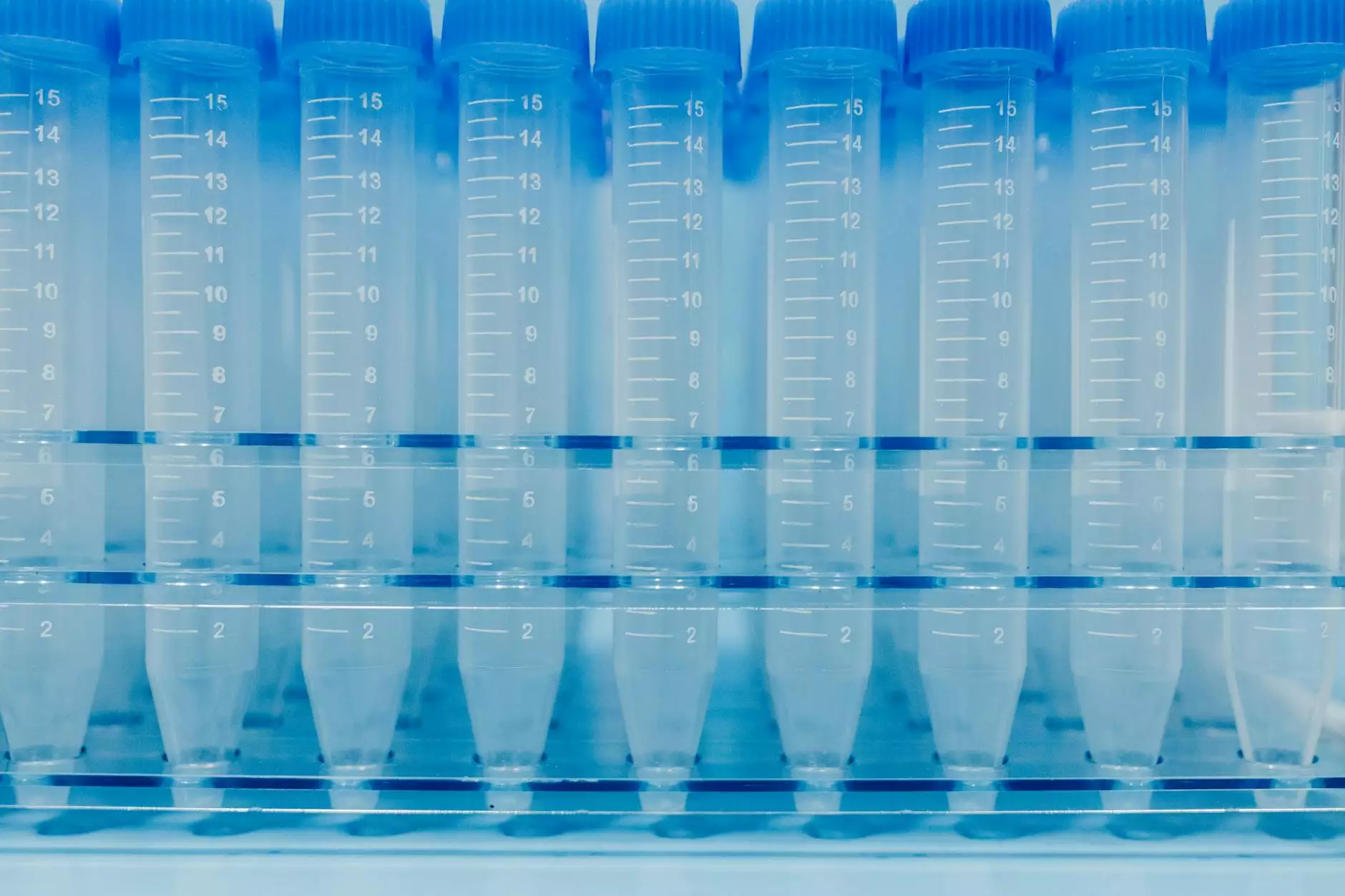Thyroid Cancer Treatment Centers: A Comprehensive Guide

Thyroid cancer is a serious health condition that affects many individuals each year. Understanding the resources available, such as specialized thyroid cancer treatment centers, can significantly impact the treatment and recovery journey of patients. This article explores the essential aspects of these treatment facilities, their services, the importance of early detection, and how to choose the right center for personalized care.
Understanding Thyroid Cancer
The thyroid gland, located in the neck, plays a crucial role in regulating metabolism, growth, and development. When abnormal cells grow uncontrollably in the thyroid, thyroid cancer can develop. The primary types include:
- Papillary Thyroid Carcinoma
- Follicular Thyroid Carcinoma
- Medullary Thyroid Carcinoma
- Anaplastic Thyroid Carcinoma
Each type varies in its behavior, treatment approach, and prognosis. Therefore, knowing the signs and symptoms is vital for early detection.
Signs and Symptoms of Thyroid Cancer
Identifying thyroid cancer early can lead to more effective treatment. Common signs include:
- A noticeable lump or swelling in the neck
- Changes in voice, including hoarseness
- Difficulties swallowing or breathing
- Persistent cough not due to a cold
If you experience any of these symptoms, it is crucial to consult a healthcare provider who can guide you toward appropriate diagnostic tests.
Why Choose Specialized Thyroid Cancer Treatment Centers?
Patients facing a diagnosis of thyroid cancer benefit immensely from the expertise offered at thyroid cancer treatment centers. These specialized facilities focus on:
- Cutting-edge technology for accurate diagnoses
- Multidisciplinary teams of experts including oncologists, surgeons, radiologists, and endocrinologists
- Personalized treatment plans tailored to individual cases and cancer types
Choosing a specialized center increases the likelihood of better outcomes through comprehensive care and advanced treatment options.
Services Offered at Thyroid Cancer Treatment Centers
Thyroid cancer treatment centers provide a range of services designed to facilitate thorough diagnostic and therapeutic processes. Key offerings include:
1. State-of-the-Art Diagnostic Procedures
Accurate diagnosis is fundamental in treating thyroid cancer effectively. Treatment centers employ:
- Ultrasound imaging
- Fine-needle aspiration biopsy
- Radioactive iodine scans
- Genetic testing for personalized treatment options
2. Surgical Interventions
Surgery is often the first line of treatment for many types of thyroid cancer. Available surgical options include:
- Thyroidectomy (partial or total removal of the thyroid)
- Neck dissection to remove affected lymph nodes
3. Radioactive Iodine Therapy
This treatment is commonly used following surgery to destroy any remaining thyroid tissue or cancer cells. It is highly effective, especially in cases of differentiated thyroid cancer.
4. Targeted Therapy and Chemotherapy
For advanced thyroid cancers, targeted therapies may be employed. These treatments focus on specific pathways and markers involved in cancer growth. Additionally, chemotherapy may be indicated depending on the cancer subtype and stage.
5. Hormone Replacement Therapy
Patients may require lifelong hormone replacement therapy after surgery to compensate for the loss of thyroid function. Treatment centers coordinate this aspect to ensure optimal health post-surgery.
Choosing the Right Thyroid Cancer Treatment Center
Selecting an appropriate treatment center is critical for the success of your treatment. Consider the following factors:
1. Accreditation and Credentials
Verify that the center is accredited by relevant health authorities and that its medical staff holds advanced training and certifications in oncology and endocrinology.
2. Multidisciplinary Approach
Ensure that the center offers a team-based approach where specialists from various fields collaborate on treatment plans. This is essential for comprehensive care.
3. Advanced Treatment Options
Research the technologies and treatments available at the center. Leading centers adopt the latest techniques and are involved in clinical trials for innovative therapies.
4. Patient-Centered Care
Look for centers that emphasize a supportive environment, including counseling services, education, and community support groups.
5. Patient Testimonials and Outcomes
Read testimonials and reviews from past patients. Understanding their experiences can help gauge the quality of care provided.
Integrative Support Services
Quality treatment centers also recognize the importance of holistic care, offering services such as:
- Nutritional counseling
- Psychosocial support through counseling and support groups
- Rehabilitation services to aid recovery
Conclusion
In conclusion, identifying the right thyroid cancer treatment centers is a pivotal step in managing your thyroid cancer effectively. With a multidisciplinary approach, advanced technologies, and patient-centered care, these centers are equipped to provide specialized treatment tailored to individual needs. Early detection, comprehensive treatment, and ongoing support can significantly enhance the quality of life for patients diagnosed with thyroid cancer. Remember, your health journey is essential, and choosing the right resources can make all the difference.
Frequently Asked Questions (FAQs)
What should I expect during my first visit to a thyroid cancer treatment center?
During your first visit, you will undergo a comprehensive evaluation, including a review of your medical history, diagnostic imaging, and possibly a biopsy. The medical team will discuss personalized treatment options based on your specific case.
Are all types of thyroid cancer treated the same way?
No, treatment varies according to the type and stage of thyroid cancer. Each patient's treatment plan is tailored to their unique circumstances.
Can I seek a second opinion before starting treatment?
Absolutely! Seeking a second opinion is a common practice and can provide you with additional insights into your diagnosis and treatment options.
How often will I need follow-up appointments after treatment?
Follow-up schedules can vary. Generally, patients will have regular appointments to monitor their recovery, including blood tests to check hormone levels and imaging studies.









